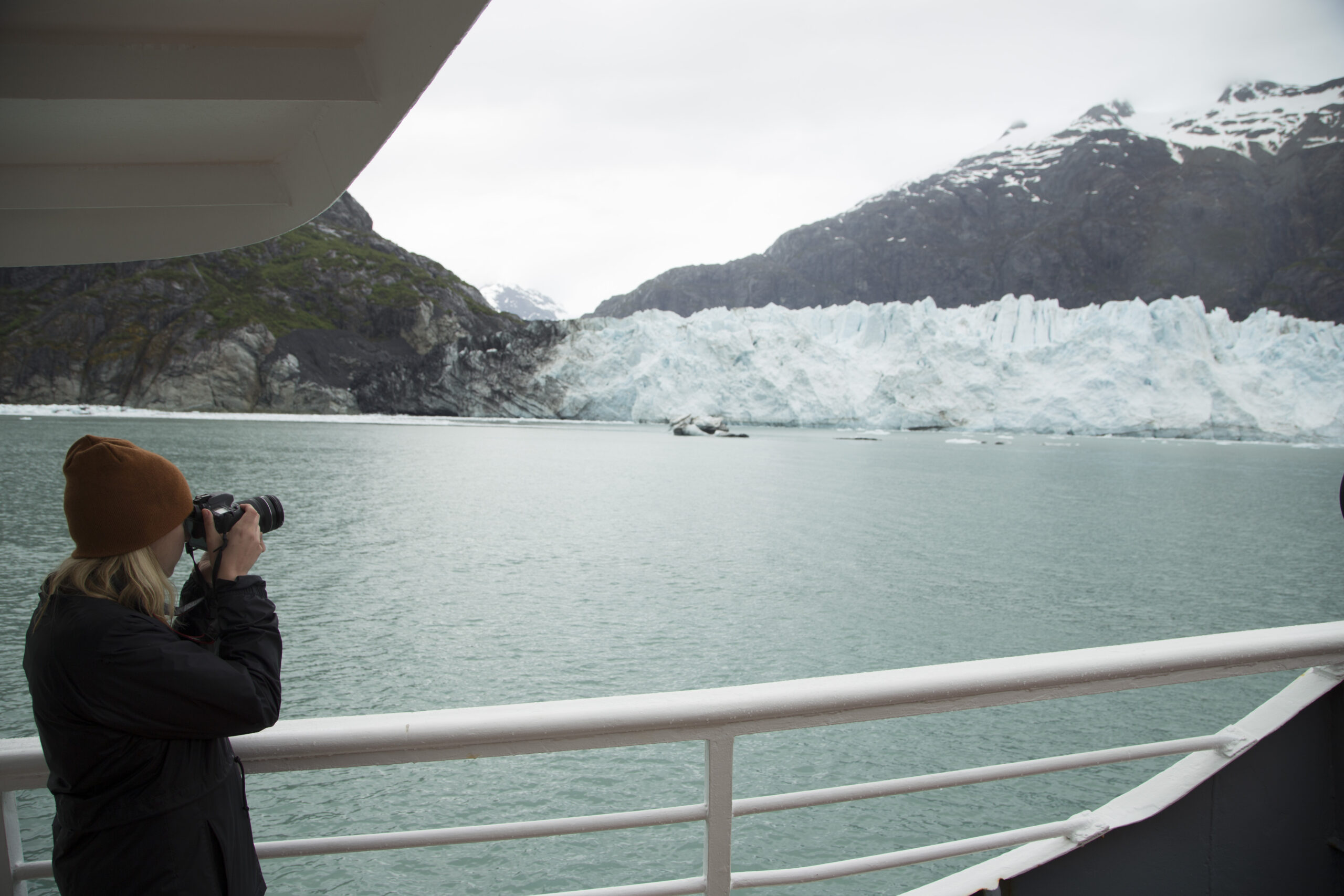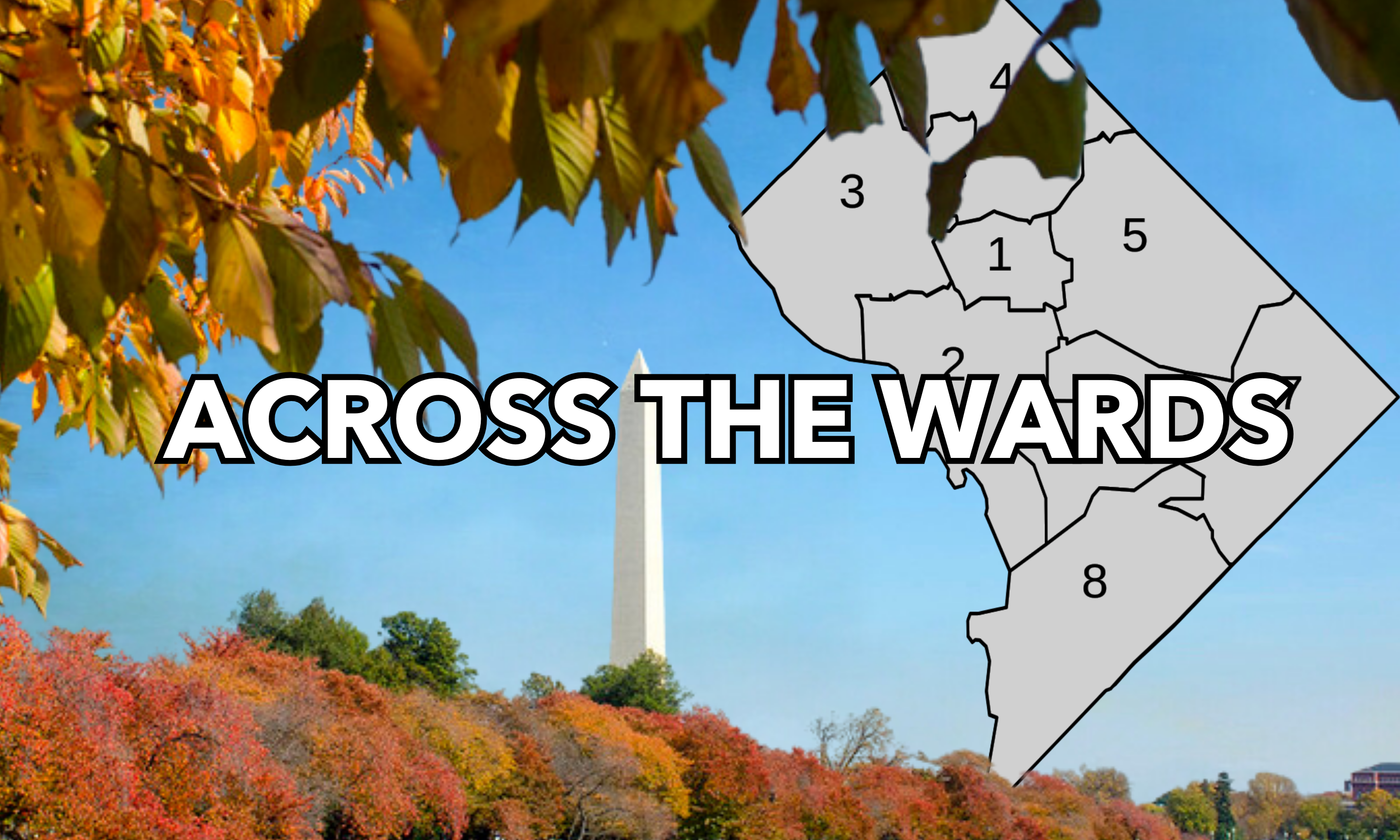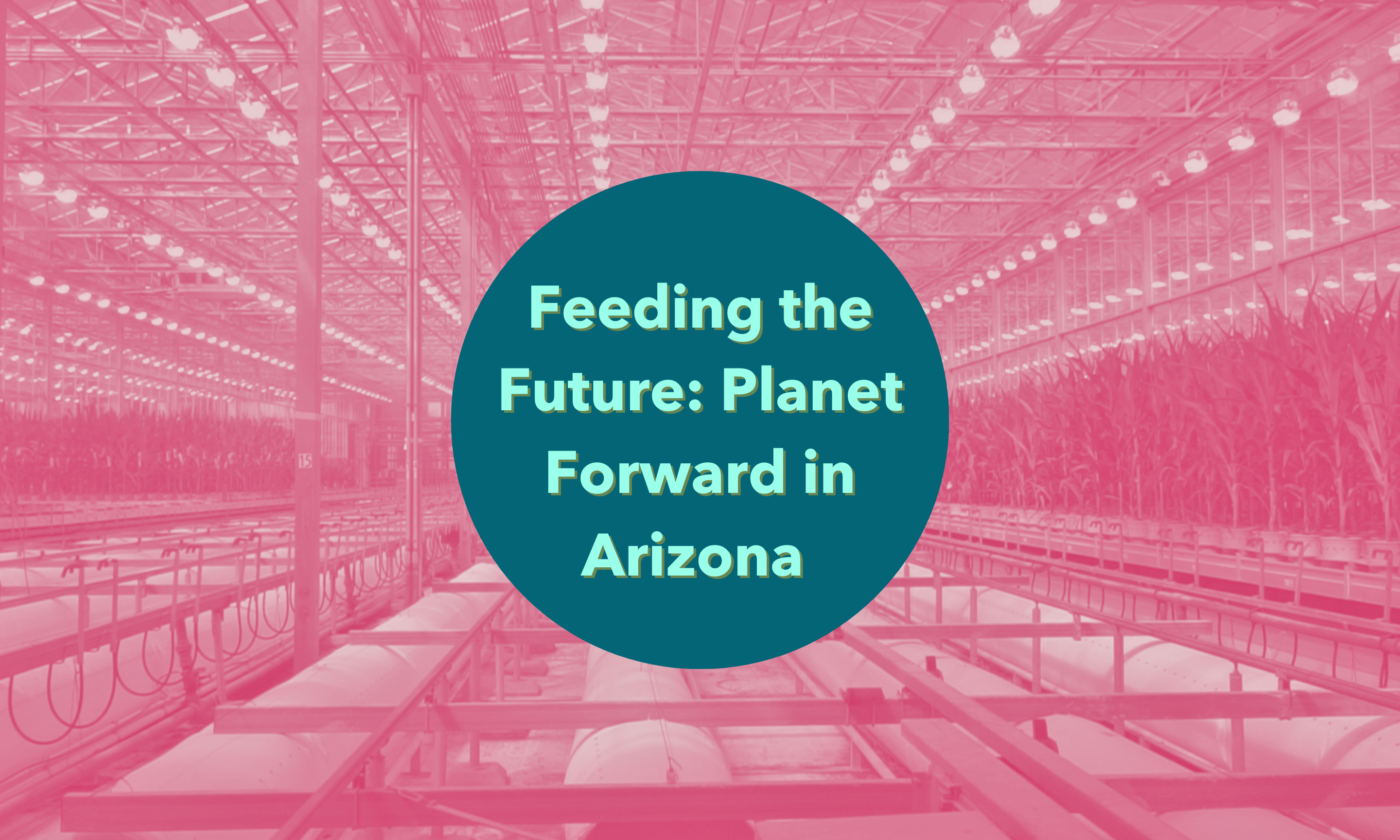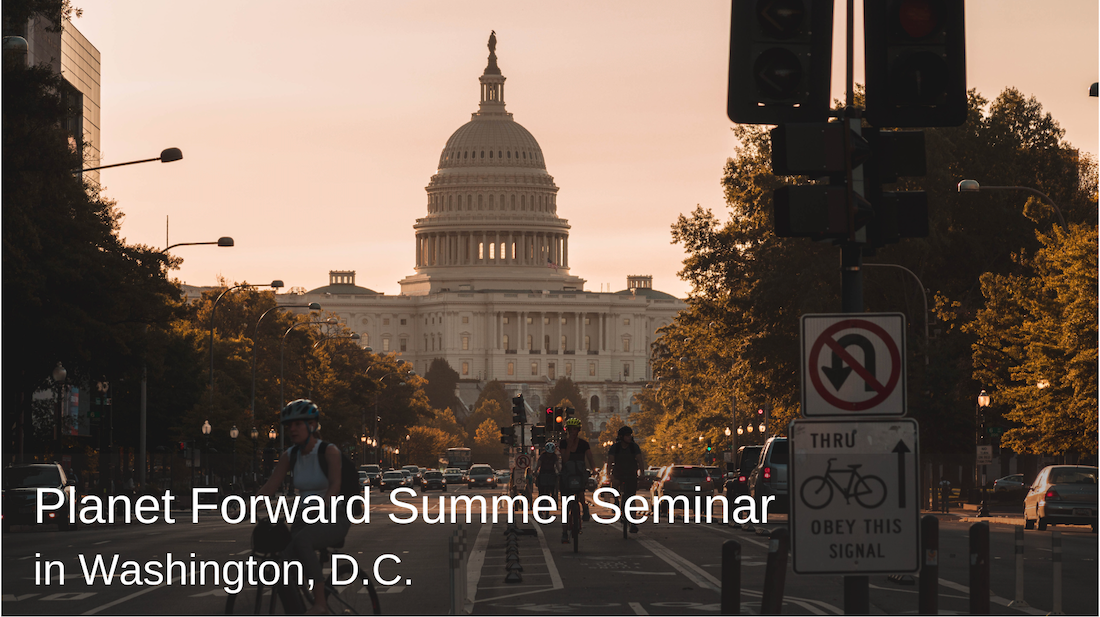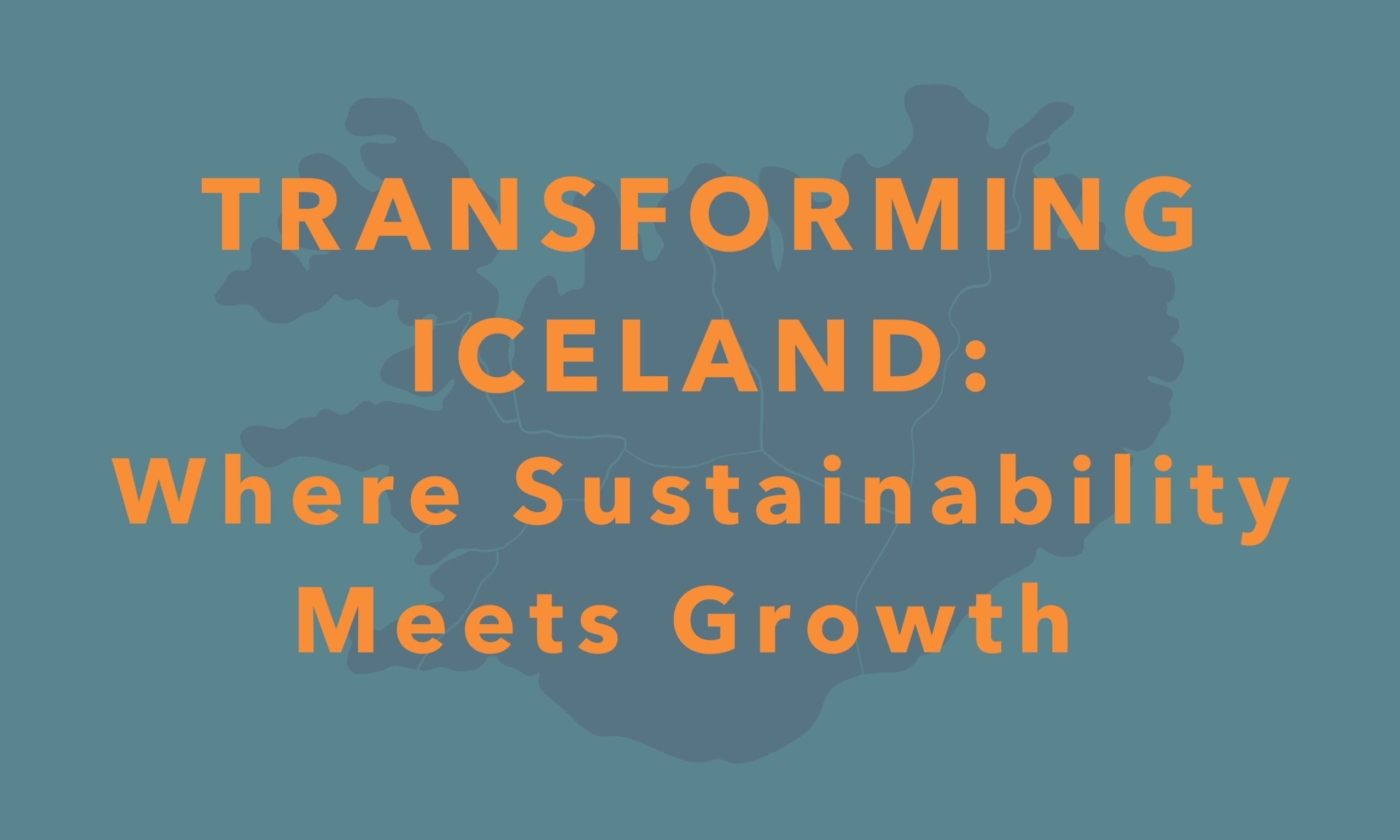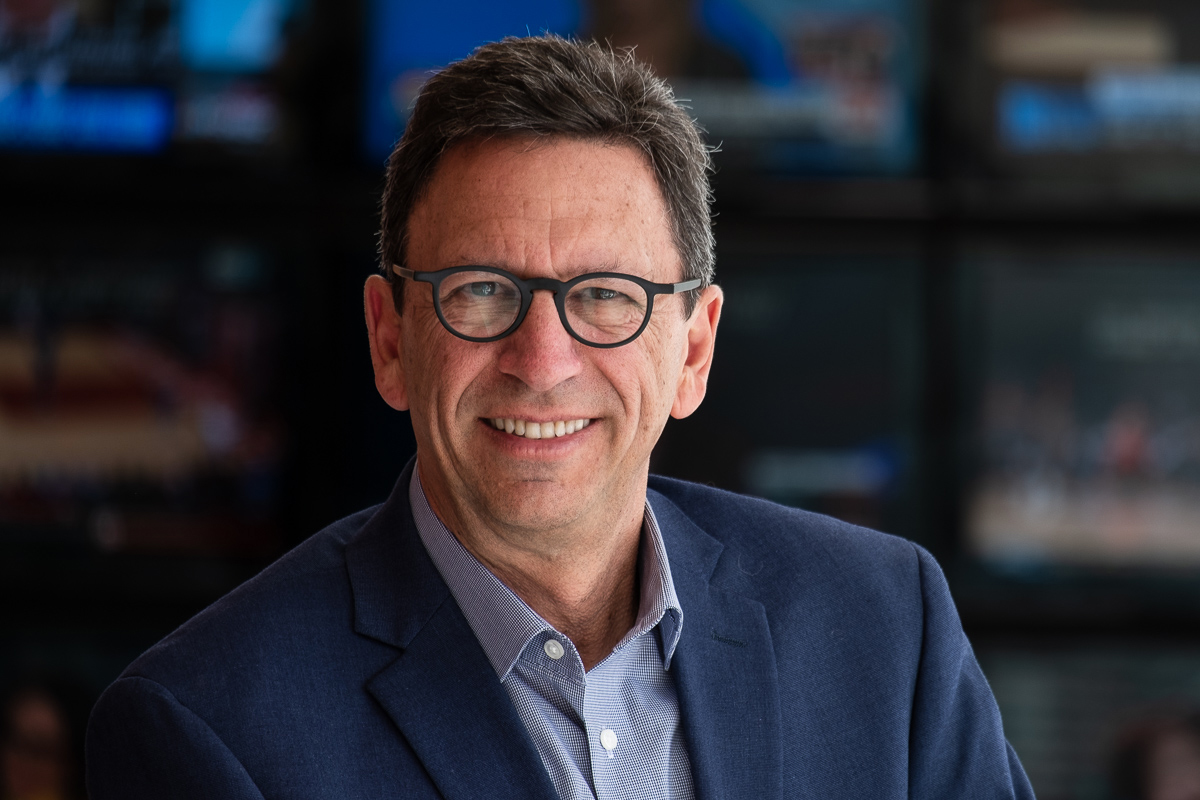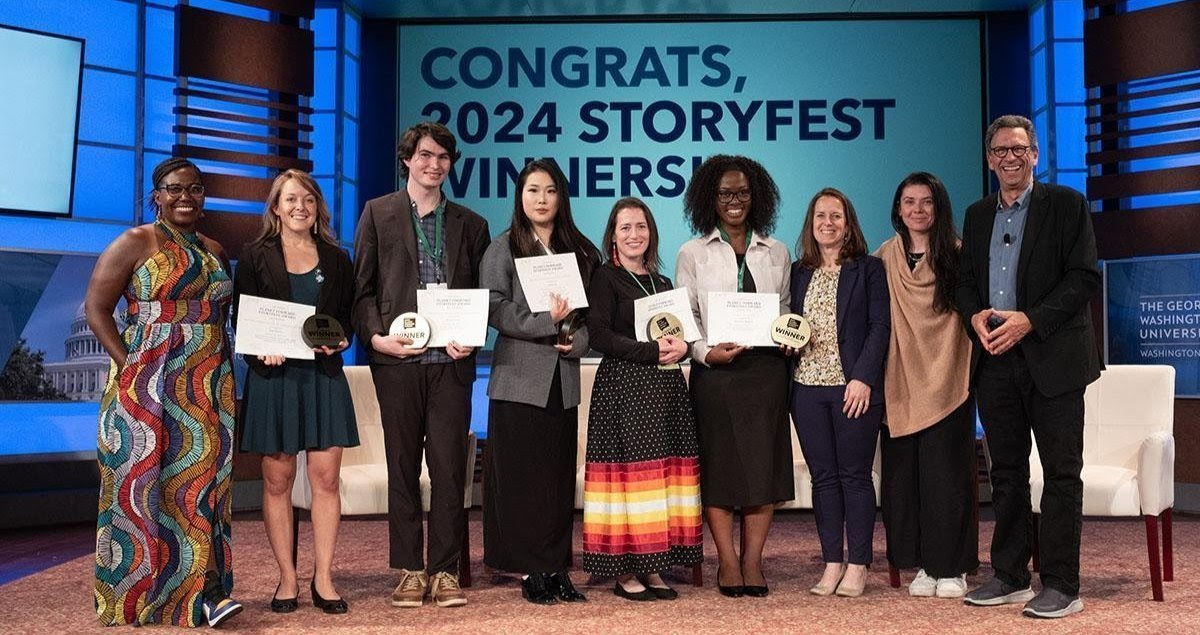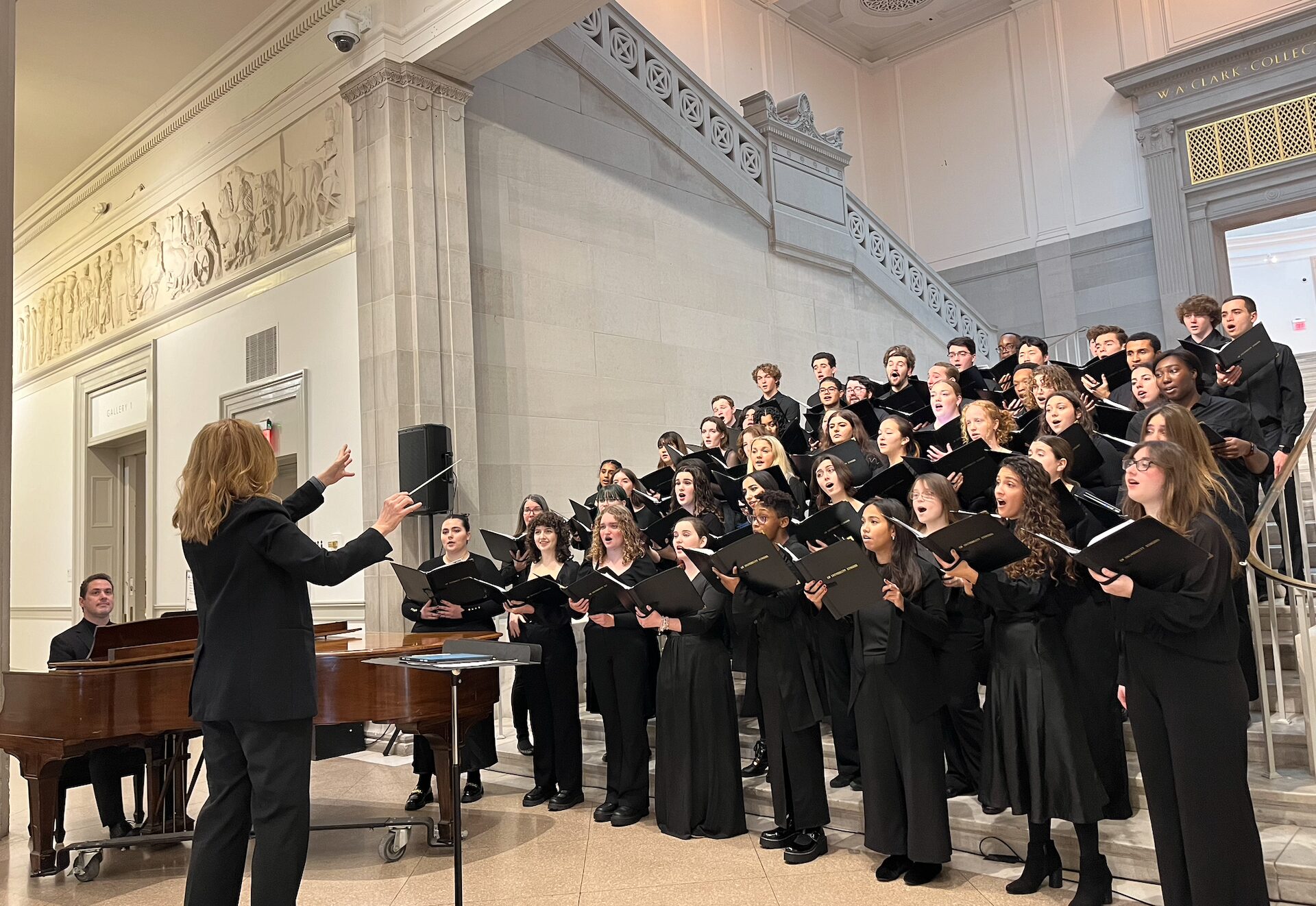Florida Gulf Coast University: Embedded Sustainability
This video is an entry in a contest we’ve launched with Second Nature’s Climate Leadership Awards. See below for how you can vote for it.
See more entries in this contest
Florida Gulf Coast University continuously pursues academic excellence, practices and promotes environmental sustainability, embraces diversity, nurtures community partnerships, values public service, encourages civic responsibility, cultivates habits of lifelong learning, and keeps the advancement of knowledge and pursuit of truth as noble ideals at the heart of the University’s purpose. FGCU operates a systems based approach to imbedding sustainability into all of its actions. Sustainability is a major part of the mission as well as the university’s strategic plan.
All undergraduate students are required to take the University Colloquium, an interdisciplinary environmental education course designed to explore the concept of sustainability as it relates to a variety of considerations and forces in Southwest Florida and considers environmental, social, ethical, historical, scientific, economic, and political influences.
FGCU was one of six institutions to receive the “Higher Education Civic Engagement Award” by The Washington Center for Internships and Academic Seminars. Every student at FGCU must participate in 80 hours of service-based learning prior to graduation. In 2010 students completed 132,451 total hours of service-learning. This year FGCU went over the 1,000,000 mark in total service-learning hours since its inception in 1997.
FGCU recently hired a Chair in Renewable Energy which will have a leadership role in the design and development of the FGCU building and will help lead our expanding initiative in renewable energy research and hired a Chair for Habitat Restoration & Management which will enable FGCU to add a renowned authority on tropical systems and ecology to its faculty.
The FGCU Center for Environmental and Sustainability Education works toward realizing the dream of a sustainable and peaceful future for Earth through scholarship, education, and action.
FGCU operates a 2MW 15-acre solar photovoltaic array which significantly reduces dependence on non-renewable energy sources, saves money, reduces our carbon footprint and serves as a model of environmental and ecological sustainability for our region, the state of Florida and the nation. This PV installation, together with the utilization of solar hot water systems on campus, significantly advances FGCU’s energy goals. Aquatic Center pools are heated and cooled using geothermal energy.
As an element in FGCU’s signing of the ACUPCC, all of our building construction will be certified through the Leadership in Energy and Environmental Design certification system. Buildings were planned for maximum efficiency even prior to LEED standards. The architecture reflects the sub-tropical climate providing shade for occupants in or near buildings through covered walkways, broad roof overhangs, light colored exterior walls, tinted exterior building windows to reduce solar heat gain to the interior of buildings, and well-insulated roofs. Most occupied building spaces have direct line of sight vision to a window reducing lighting needs. Buildings allow for air movement by utilizing exterior courtyards; ducted fresh-air ventilation; and mechanical air-conditioning to maximize user-managed energy efficiency. Building construction utilizes durable construction materials and contemporary technology, which have led to economy, efficiency, and favorable life-cycle cost analysis in the use of buildings. The building designs incorporate standards for the buildings to withstand intensity of the sun, hurricane strength winds and excessive rainfall during some seasons. Motion sensor and LED lighting is being added across campus along with water bottle filling stations and dual flush toilets.
Students, faculty, and staff utilize the Ride2FGCU ride matching program to find others to commute with, and also have access to an emergency ride home program for those that carpool, walk, bicycle, or take mass transit to campus. Bike sharing and car sharing are two recent additions to campus to assist those seeking alternatives to the single occupancy motorized vehicle. The campus uses electric carts instead of gas powered cars whenever possible. The campus also provides skateboard racks to our ever growing skateboard and long board riding pedestrians.
FGCU is a recognized Tree Campus USA school, has a student operated permaculture food forest, and so much more…


